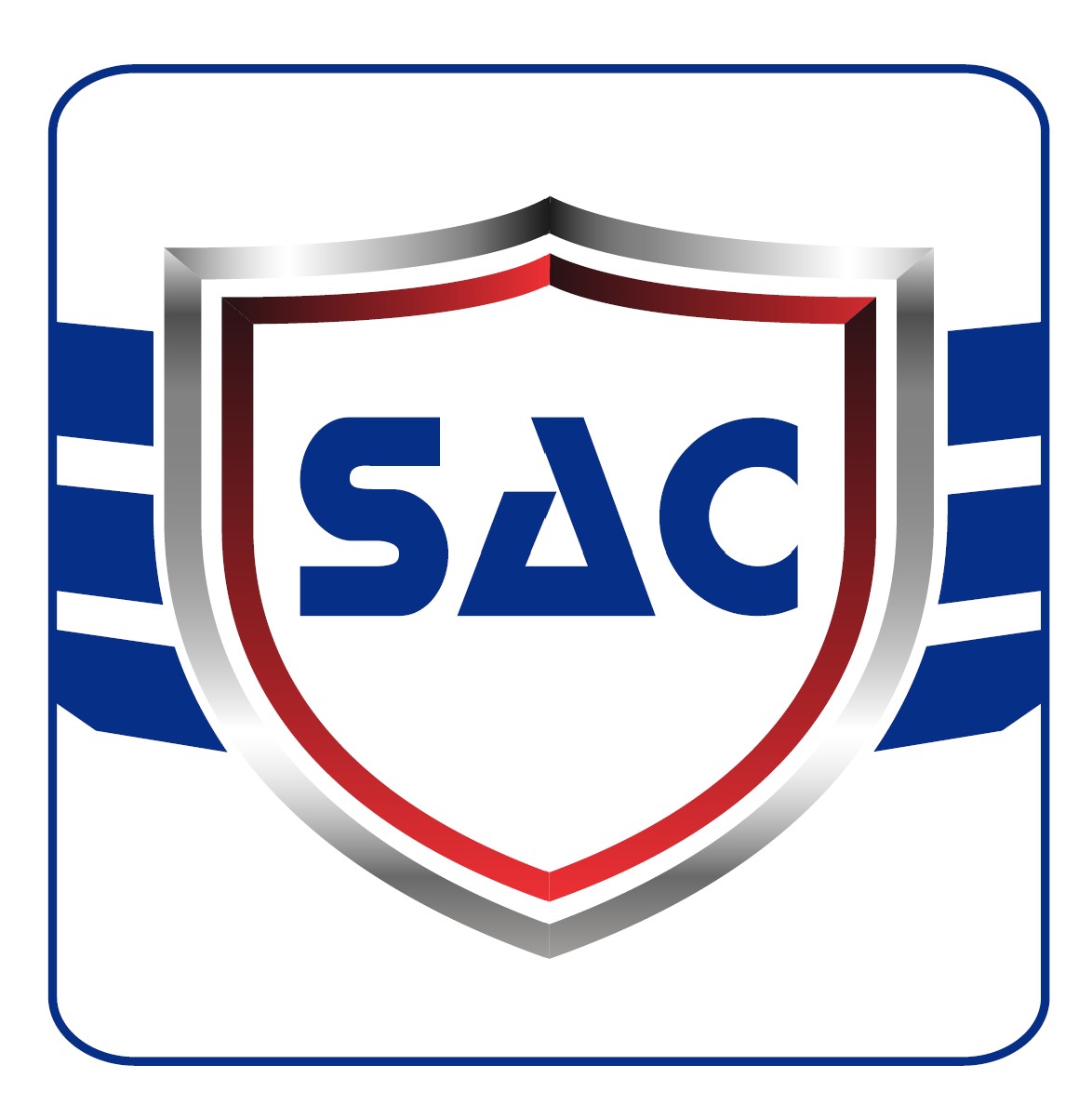Tell Me More...
Welcome to the School-Age Care Program (SAC) at Fairchild AFB. The SAC program is for children attending kindergarten - age 12. We offer Before and/or After School care and full-day care on school breaks, including summer breaks. The program follows the Medical Lake School District calendar and children must attend Michael Anderson Elementary to qualify for school year care. SAC is nationally accredited, DoD certified, and maintains high standards of health and safety while promoting the development of each child. Classrooms feature arts and crafts, science and math, recreational games, dramatic and imaginative play, and health and fitness.









